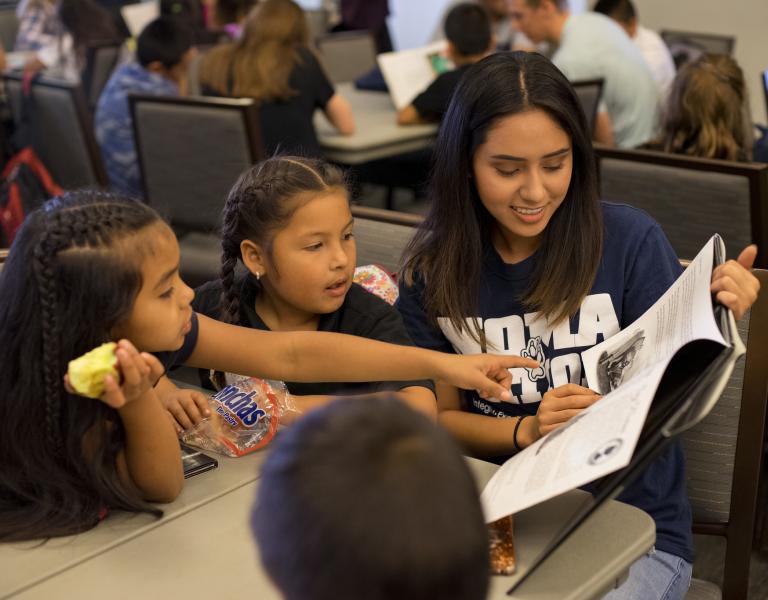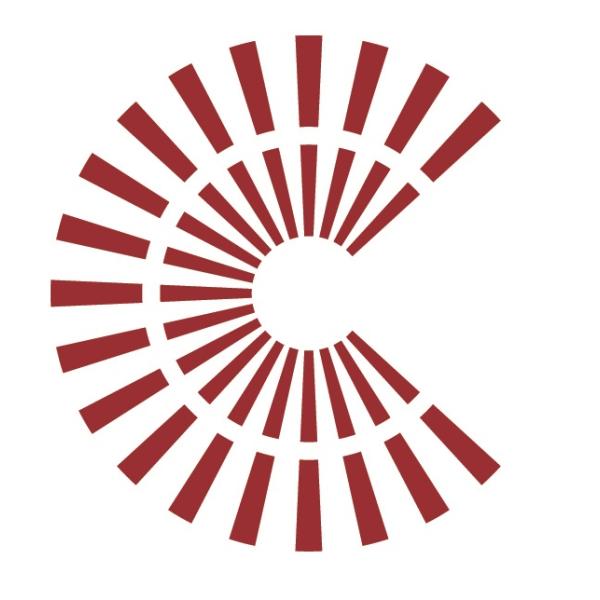Other Forms of Community Engaged Teaching
While service-learning is the most studied form of community-engaged teaching, the CCE provides some support for others as well, including problem-based and project-based learning; course-based community-engaged scholarship; and unpaid internships.
Additionally, classes with a community-based or community-placed component that do not meet the criteria for academic service-learning can still use the Risk Management policy and work with the CCE to deepen the experience for all involved. Please contact [email protected] to discuss this further.
Problem-based learning is a student-centered pedagogy in which students learn about a subject in the context of complex, multifaceted, and realistic problems. The goals of problem-based learning are to help the students develop flexible knowledge, effective problem-solving skills, self-directed learning, effective collaboration skills and intrinsic motivation.1
Project-based learning is an instructional method that provides students with complex tasks based on challenging questions or problems that involve the students' problem-solving, decision-making, investigative skills, and reflection that includes teacher facilitation, but not direction.2
The difference between the two lies largely in their application: problem-based learning focuses on the problem and the process, while project-based learning focuses on the product. Learn more about the differences between problem and project-based learning with this virtual workshop.
When either is used to address a community problem or project, the result may look a lot like service-learning and classes can use the Risk Management policy.
Additionally, faculty can work with the CCE to deepen the experience for all involved. Please contact [email protected] to discuss this further.
1Hmelo-Silver, C.E. (2004). Problem-based learning: What and How Do Students Learn? Educational Psychology Review, 16(3).
2PBLWorks (2003). Project Based Learning Handbook.
Faculty may choose to integrate their community-engaged scholarship into a course, resulting in a form of service-learning.
Faculty can work with the CCE to deepen the experience for all involved. Please contact [email protected] to discuss this further.
The CCE can help faculty and departments identify community placements for interns and to deepen the experience for all involved. Please contact [email protected] to discuss this further.



